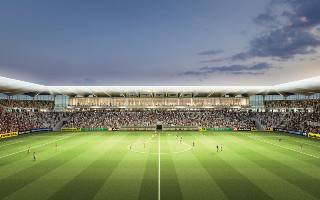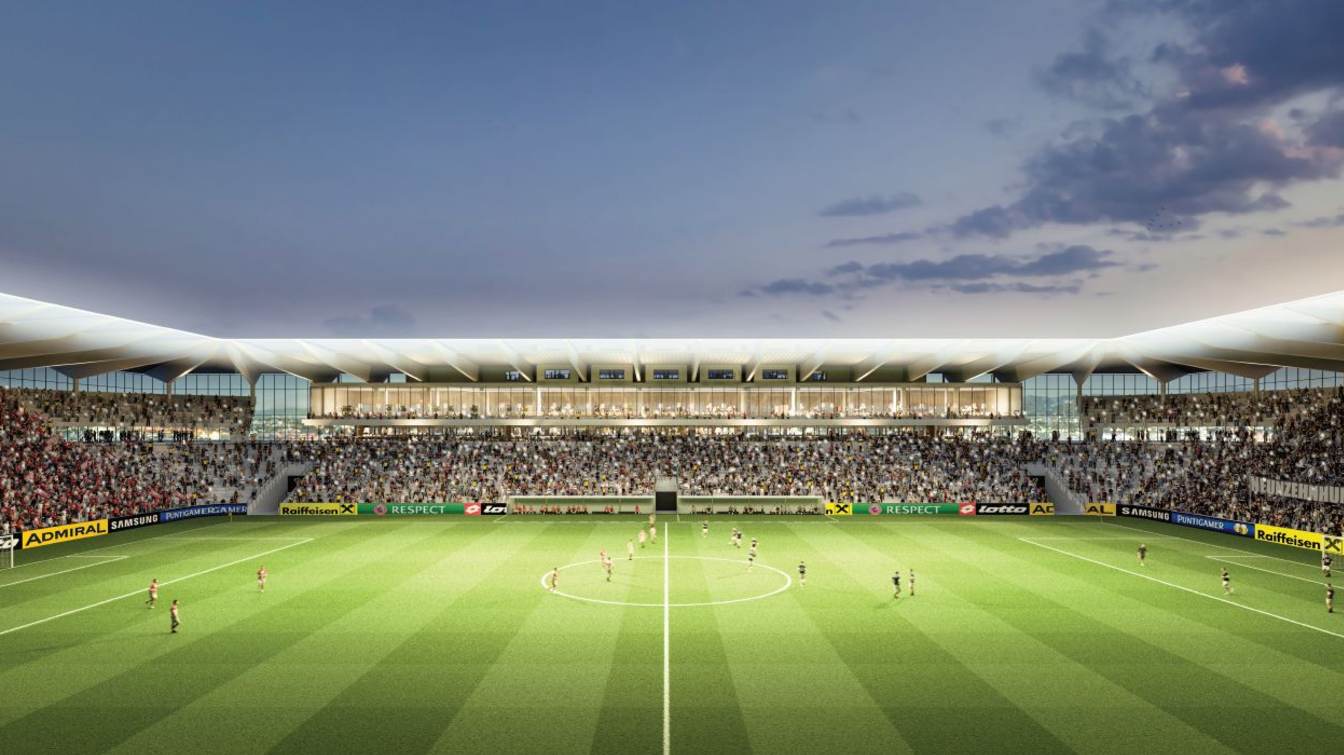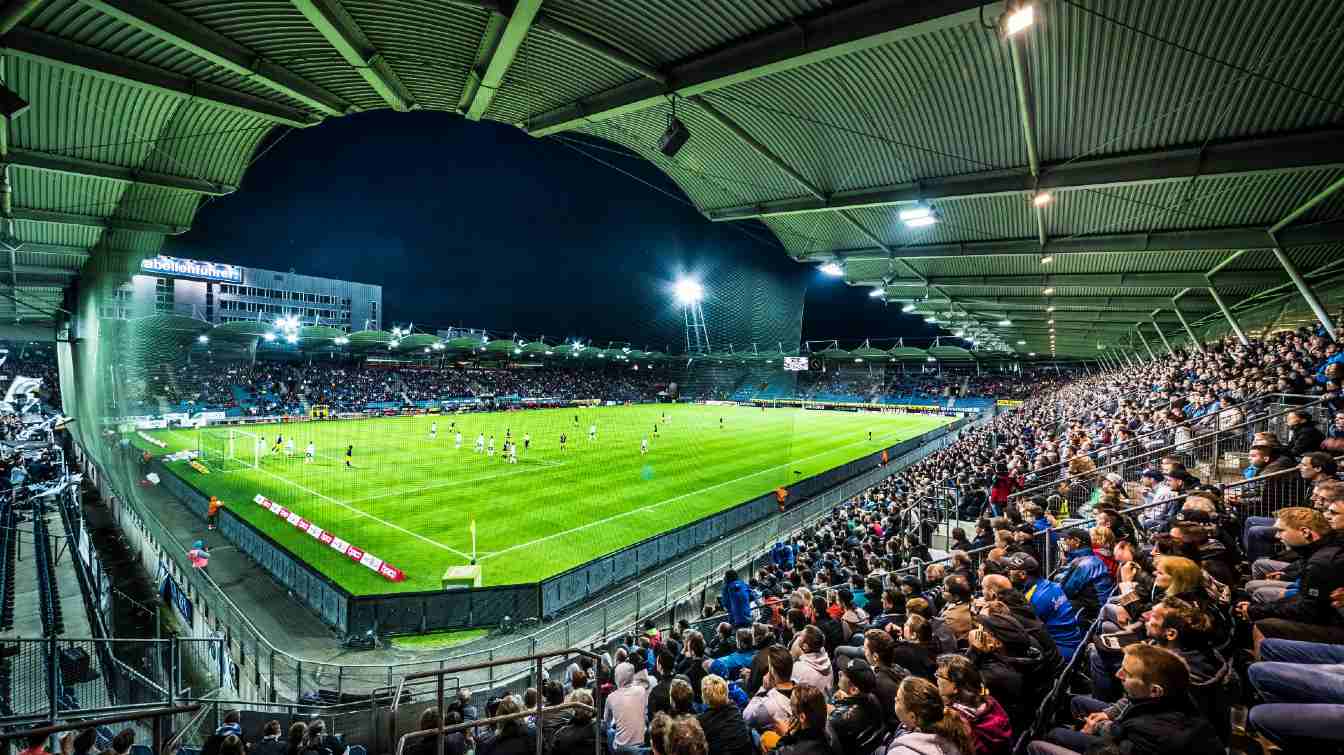Austria: Feasibility study completed for Merkur Arena expansion
source: StadiumDB.com; author: Paulina Skóra
 The feasibility study for the expansion of Liebenau Stadium in Graz has been completed, aiming to upgrade the venue to host international matches and UEFA Champions League fixtures. The city of Graz confirmed that the analysis was finalised on schedule at the end of May, with the involvement of both local Bundesliga clubs – SK Sturm Graz and GAK 1902 – as well as municipal authorities.
The feasibility study for the expansion of Liebenau Stadium in Graz has been completed, aiming to upgrade the venue to host international matches and UEFA Champions League fixtures. The city of Graz confirmed that the analysis was finalised on schedule at the end of May, with the involvement of both local Bundesliga clubs – SK Sturm Graz and GAK 1902 – as well as municipal authorities.
Advertisement
Goal: 20,000 seats and full UEFA compliance
To once again host international events, Stadion Graz-Liebenau must reach a seating capacity of at least 20,000. The concept includes lowering the pitch level, converting the surrounding moat into additional seating areas, and elevating the stands — a transformation that would require a complete roof reconstruction. The current roof incorporates a 4,000 m² photovoltaic system, which adds complexity to the project. By using modular sections with mixed seating and standing options for home fans, the stadium could ultimately accommodate up to 25,000 spectators.
 © Stadt Graz
© Stadt Graz
Land constraints and required acquisitions
Due to spatial limitations on the existing site, expansion will necessitate the acquisition of neighbouring plots. Adjacent structures such as the stadium tower, ice rink, athletics track, business centre, and Liebenauer Hauptstraße limit any internal expansion. The VIP and hospitality zones, including up to 2,000 premium lounge seats, would also be redeveloped.
Noise and traffic issues pose additional challenges. Any expansion must respect local noise regulations, achievable only by fully enclosing the stadium. A mobility and traffic management plan has also been developed to address increased matchday congestion.
City to contribute to funding
The feasibility study estimates the total investment – including construction, planning, and land acquisition – at approximately €150 million. The high cost reflects the technical complexity of the redevelopment, essential renovations, and necessary land purchases. Once permits are obtained, the project could be completed within four years, although construction would have to occur while the stadium remains in use.
The city of Graz has pledged €30 million toward the project. The state of Styria has also expressed willingness to contribute, but no specific amount has been confirmed — pending the outcome of the 2026 budget process. The level of external funding will depend largely on Styria’s commitment.
 © MCG, Krug | Merkur Arena (Stadion Graz-Liebenau)
© MCG, Krug | Merkur Arena (Stadion Graz-Liebenau)
Mayor Elke Kahr emphasised that the feasibility study was completed diligently and on time, offering a concrete development path for Liebenau stadium. She thanked all contributors, particularly SK Sturm Graz and GAK 1902, and acknowledged that the technical challenges have pushed costs beyond initial expectations — making broad collaboration essential.
Deputy Mayor Judith Schwentner stated that the city now has a solid basis for further steps and stressed the need for cooperation among clubs, local and regional governments, and the federal authorities. SPÖ chair Doris Kampus added that the study brings full transparency to the table, enabling well-informed, non-partisan decisions. She affirmed that Graz residents rightfully expect tangible progress on the stadium.
Advertisement
 StadiumDB
StadiumDB